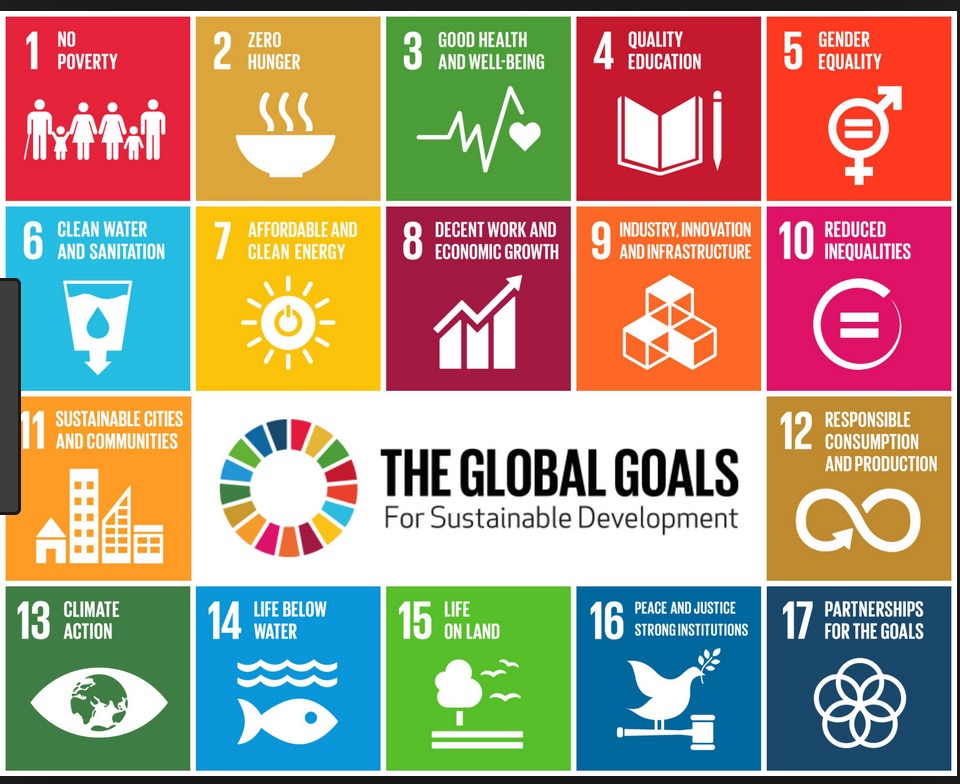The Senate Inquiry – and Political Reactions
A few weeks ago in Brisbane I ran my first hypothetical. Its focus was the implementation of the United Nation’s 17 sustainability development goals. These goals, known as the SDGs, are for basic things like clean air and water, reducing hunger and poverty, increasing the quality of education, reducing gender inequalities and, in general, making life better for all Australians.
The results of the Senate Inquiry into the SDGs had just been released with a majority report (by Labor and the Greens) that said that the SDGs were important, we should be doing more, and recommended actions we could take. There was also a dissenting report (by the Liberal/National Coalition) that said, in effect, we were already doing everything and nothing would be served except more paperwork and anyway we don’t like the UN because it criticizes us unfairly (I’m not kidding about this last bit, this is what they said!) – and it concluded by saying ignore all the recommendations in the main report. So, there was not a lot of bi-partisan agreement there!
Well. who has the right of it?
Are we doing everything already or do we need to do more? According to a recent report by the Griffith Centre for Sustainable Enterprise, that looked at how the SDGs were being addressed (or not) in the policies of ten political parties.
“Australia’s ranking of 37 on the Sustainable Development Goals (SDGs) dashboard indicates that for a developed country there are aspects of Australian society that need to be altered if it deserves to be placed in the top 20 OECD countries”.
Australia has signed up to achieve the UN goals by 2030, however if the minority report correctly reflects the view and intentions of the Liberal/National coalition, we will not be able to rely on Government. Australian progress will need to be driven by concerned individuals and groups – our growing CIVIL SOCIETY, of which Talking infrastructure, along with many professional associations and NGOs, is a part.
Where to start?
The first thing to understand is that most people are unaware of this thrust by the United Nations. Ask anyone! Few know what they are. Many think that they don’t apply to us, but are for developing countries only. This is likely because of the UN’s earlier millenial goals which did apply only to developing countries.
The second thing is that there are 17 of these goals, with 169 specific targets. This is far too much for most of us to get our head around. Fortunately we don’t have to. Pick one or two that you feel strongly about and work to improve those! (just be aware of the others and mindful that what you do might impact another goal.)
Talking Infrastructure is now working with participants in the Hypothetical – all of whom were sent as representatives of their associations – to discuss what next steps can be taken since all of 17 goals either impact, or are impacted by, the infrastructure decisions we make.
Add your ideas to the hypothetical
The set up is this
” Six months have passed and the new government urgently wishes to address the issue of implementing the SDGs. Moreover it has realised that it has major leverage that has so far been little discussed – its power of the purse!
The Federal Government funds national infrastructure projects and provides substantial support to State and Local Government projects. The best and brightest (YOU) have been gathered together to explore how to take advantage of this.
Write some rules for evaluating infrastructure proposals so that they support the SDGs and Australia’s wellbeing.
Footnote: Thanks to EAROPH Australia for their courage in letting me play with this idea for them at their AGM


Firstly all water sources must be maintained in pristine quality. No equipment will be allowed to muddy water. No run off from bitumen into water ways. Water sources will be held to be sacred in all planning.
Why? It is not that I am disagreeing with you, my whole career began with the management of water resources. But still, the question ‘WHy?’ needs to be addressed. Every one of the 17 SDGs will have its supporters. And I am sure that every one of them would want ‘their’ SDG to take precedence over all others. But it seems to me that there is a reason why the SDGs were presented by the UN as a unprioritised list. I remember the Advisor to the Minister who argued that all wastewater should be treated to potable levels. When I asked him whether he would then drink it, he looked revulsed! No, he said, we should then put it into the river. He was not only ignoring the costs involved – money which could be spent doing other worthwhile things – but he was also ignoring that the river flora and fauna had grown up adjusting to a certain standard of water and to change their environment might threaten their existence. The point being is that there are always costs and consequences of any decision and we need the foresight to take them into account.